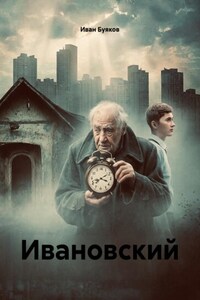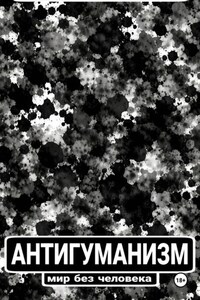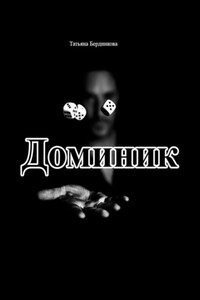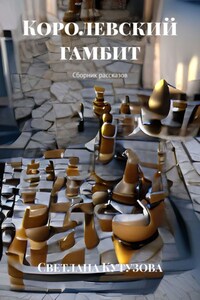Imagine your arm numbed after a night's sleep. Then you wake up and fresh, oxygen-rich blood rushes through the arteries again. You know the feeling, don’t you? I’m sure you do. Anyway, when you emerge from a state of deep conservation, you feel something very similar, but on a much greater scale. It's pins and needles from head to toe, your eyes feel to be popping out of their sockets, and instant death, in that moment, seems a rather acceptable way out. But, like everything under the sun, deconservation eventually comes to an end. The system scrupulously purges the cells of substances that previously slowed down their vital functions nearly to a halt. Throughout the process, the blood is repeatedly pumped through a variety of filters. At the same time, delicate needles inject chemical reagents to all parts of the body. And then the moment comes when your widely open eyes regain their ability to focus, and the brain begins to think, albeit not very straight at first.
My vision cleared, and I immediately realized what was going on. It was just like the last time. Only the first time was a test-run. Doctors had to check how well we could tolerate deep conservation.
Meanwhile, the needles retracted back into the capsule, and the bed activated its pneumatic massage function. I stared through the transparent lid of the capsule, failing to understand why the ceiling was so high. My memory returned quickly. Has something gone wrong? Have they discontinued the project? The capsule lid clicked and parted. I took hold of its edges and sat down, looking around.
“All right, another one woke up,” said a gaunt balding man in a white hoodie. His accent was unfamiliar.
Then I saw Ji Cheng sitting nearby in a capsule just like mine. Just like the rest of us, Cheng – our team's astrophysicist – was wearing a jumpsuit with a large United Nations emblem on the sleeve. Her calm, emotionless face never provided any clues as to what she was thinking.
“Who are you?” I asked the gaunt man.
“Dr. Stein, Thomas Stein,” he replied. And, judging by the inscription on the capsule, you are Maximilian Gauthier.”
“That's right, call me Max. It didn’t work out, did it?”
“What didn’t work out?” he asked, confused.
“The flight,” I said, examining the room. It was small, about three meters high and housed our five capsules along with some other – possibly medical – equipment, which I could not identify at a glance. In any case, we were definitely not aboard our ship, the Hope.
Another capsule opened up with a characteristic click, and I recognized Lisa Small, our radio engineer and co-pilot, endowed with a bright appearance and equally brilliant mind.












